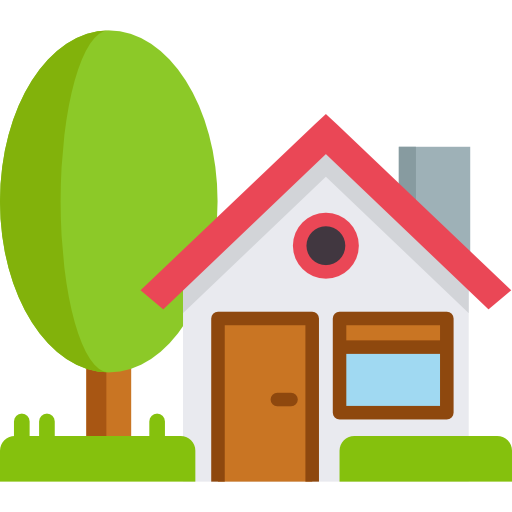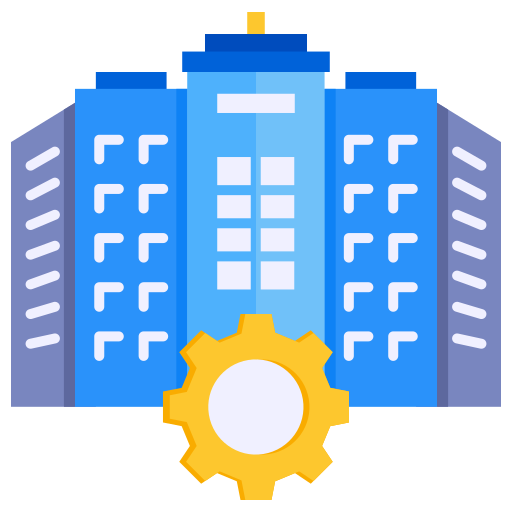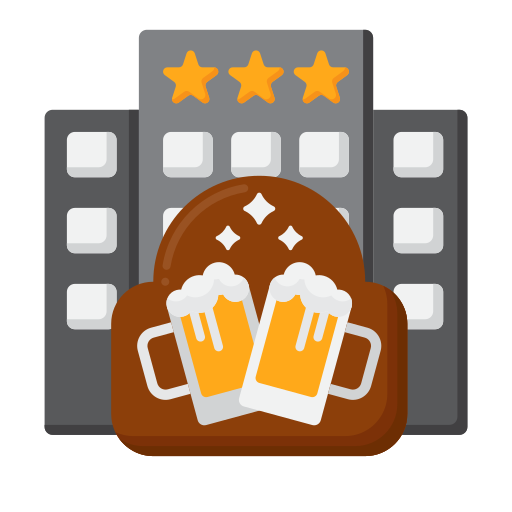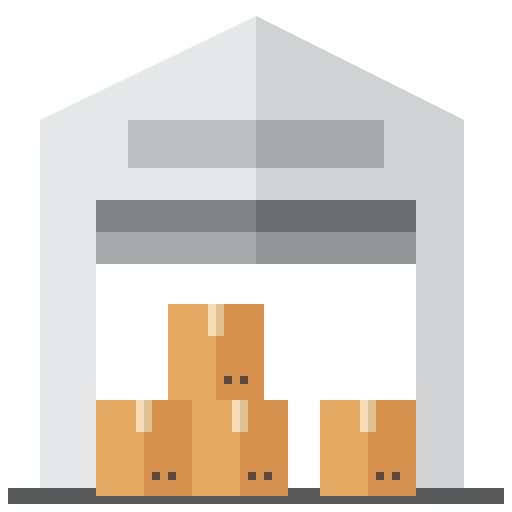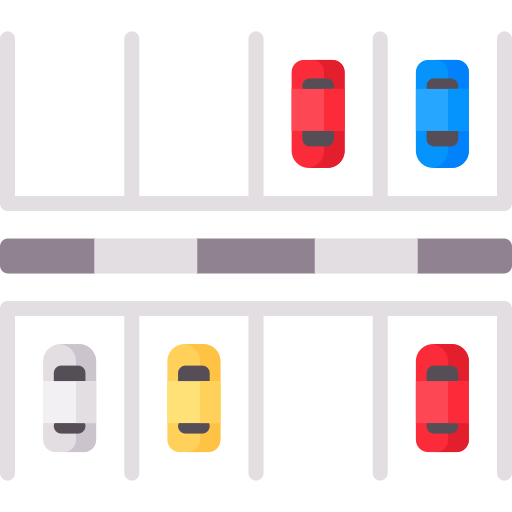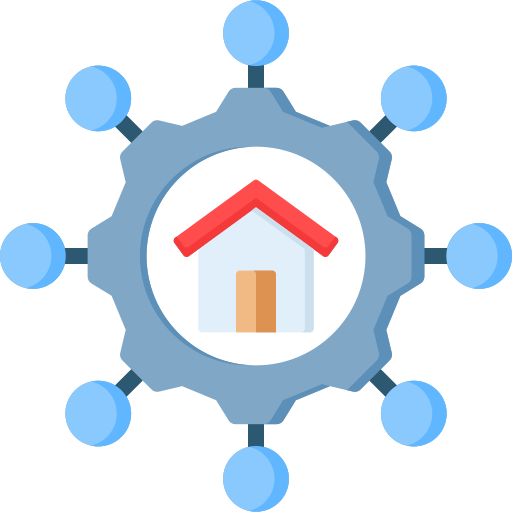Last Updated: January 2024

As people have begun moving into senior living facilities at a younger age, facilities across the globe have had to adjust to this new demographic of residents. The change has been from predominantly healthcare support facilities, to facilities that blend a mix of hospitality, lifestyle, and healthcare support. It is important for senior housing property owners and operators to stay on top of these industry changes to maintain successful operations. Below we take a deep dive into everything you need to know about managing senior housing properties.
Senior Housing Property Management Defintion
Senior housing property management is a specialized type of real estate management that deals with the comprehensive oversight of senior living properties such as 55+ communities and skilled nursing facilities.
Senior Housing Facility Names
Senior housing is known by many various names reflecting its diverse options and the evolving lifestyle preferences of its residents:
- Senior Living
- Active Adult Communities
- Retirement Communities
- Assisted Living Facilities
- Independent Living Facilities
- Memory Care Facilities
- Skilled Nursing Facilities
- Residential Care Homes
- 55+ Communities
- Elder Care Homes
Types of Senior Housing Property Management
If you’re an owner or investor in a senior living facility, choosing the best type of property management structure is vital to ensure that your residents receive the best possible care. There are three common management structures for senior living facilities: on-site management, third-party management, and a hybrid model. Each has its own benefits and drawbacks, so choosing the one that’s right for your facility is crucial. We take a look at each below.
On-Site Senior Housing Management
On-site management is the most common type of management structure for senior living facilities. In this model, the property owner or manager is also responsible for the facility’s day-to-day operations. This can be a good option for smaller facilities or for those that are just starting out.
The main advantage of on-site management is that it gives the property owner or manager complete control over the facility. They can ensure that the facility is run the way they want it to and that the residents get the best possible care. The downside of on-site management is that it can be a lot of work. The property owner or manager is responsible for everything from hiring and training staff to dealing with complaints and concerns. If the facility is large or complex, it can be challenging to keep up with everything.
Third-Party Senior Housing Management
Third-party management is a popular option for larger senior living facilities. In this model, a third-party company is hired to handle the facility’s day-to-day operations. The property owner or manager is still responsible for the overall direction of the facility, but they don’t have to worry about the day-to-day details.
The advantage of third-party management is that it can take a lot of the work off of the property owner or manager. They can focus on the big picture and leave the details to the professionals. The downside of third-party management is that it can be expensive. The third-party company will charge a fee for their services, and the property owner or manager will also have to pay the salaries of the staff they hire.
Hybrid Senior Housing Management
The hybrid model is a combination of on-site management and third-party management. In this model, the property owner or manager is responsible for some of the facility’s day-to-day operations, but a third-party company is hired to handle the rest.
The advantage of the hybrid model is that it can give the property owner or manager the best of both worlds. They can control the facility completely, but they don’t have to worry about the details. The downside of the hybrid model is that it can be more expensive than on-site management or third-party management. The property owner or manager will have to pay the salaries of the management staff that they hire, and they’ll also have to pay the fee for the third-party company.
20 Common Senior Housing Property Management Services
Although there are many different types of senior living facilities, the primary goal of a senior living property is to ensure that its residents’ healthcare needs are met in addition to an enjoyable lifestyle environment. Since these facilities either provide or coordinate medical healthcare professional services, there is significant licensing and compliance required. Below we take a look at some of the most common senior housing property management services:
- Tenant Relations: Managing communication with residents and their families, including resolving any concerns or issues.
- Rent Collection: Collecting payments from residents on time and managing any issues related to payment.
- Lease Management: Overseeing tenant lease agreements, renewals, and terminations.
- Facility Operations: Managing the day-to-day running of the senior housing facility, including staff supervision.
- Healthcare Services Coordination: Facilitating and managing on-site medical care, therapy services, and wellness programs.
- Meal Planning and Dietary Services: Providing balanced and nutritious meals to residents while accommodating dietary restrictions and preferences.
- Activity Programming: Organizing recreational and social activities for residents to encourage engagement and improve their quality of life.
- Security Management: Implementing security measures and emergency response procedures to ensure resident safety.
- Maintenance and Repairs: Overseeing regular maintenance and prompt repair services to keep the facility in good condition.
- Housekeeping and Laundry Services: Ensuring cleanliness throughout the facility and providing laundry services for residents.
- Transportation Services: Arranging transportation for residents for appointments, shopping trips, outings, etc.
- Licensing and Compliance Management: Ensuring operations comply with all local, state, and federal laws and regulations related to senior care.
- Resident Assessment and Care Planning: Conducting regular assessments of residents’ health and care needs and developing personalized care plans.
- Medication Management: Overseeing the safe storage, distribution, and administration of medications to residents.
- Staff Training and Development: Providing ongoing training and professional development opportunities for staff to enhance their skills and knowledge.
- Financial Management: Overseeing the facility’s budget, financial reporting, and cost control measures.
- Marketing and Advertising: Promoting the facility to prospective residents and their families through various marketing strategies.
- Admissions and Discharges: Managing the process of admitting new residents and discharging those who are moving out or transitioning to different care levels.
- Family Liaison Services: Providing regular updates to family members about their loved ones’ health and well-being.
- End of Life Care Coordination: Coordinating with hospice care providers and supporting residents and their families during end-of-life care.
9 Important Senior Housing Property Management Metrics and Ratios
Senior housing facilities have several operational benchmarks that provide insights into their performance and profitability. Below are 9 of the most common key metrics and ratios used in the senior living industry:
Occupancy Rate
This is the percentage of occupied units compared to the total units available. High occupancy rates indicate strong demand and efficient operations.
Revenue per Occupied Unit
This calculates the total income generated from each occupied unit. It helps understand the profitability of the facility at the current occupancy level.
Operating Expense Ratio
This is the ratio of operating expenses to total revenue. It indicates how efficiently the facility is being managed.
Net Operating Income (NOI)
NOI is the total income from the property minus operating expenses (not including financing costs). It’s a key indicator of the property’s profitability.
Resident Retention Rate
The percentage of residents who continue to live in the housing year over year. High retention rates indicate resident satisfaction and can help reduce costs associated with acquiring new residents.
Average Length of Stay
This is the average duration of time residents live in the facility. A longer average stay can indicate higher resident satisfaction and stability in revenue.
Staff Turnover Rate
This is the percentage of staff members who leave the facility within a given time period. High turnover can impact the quality of care and lead to increased recruitment and training costs.
Resident-to-Staff Ratio
This ratio shows the number of residents per staff member. It’s a key indicator of the level of care and service the facility can provide.
Health and Safety Incidents
Tracking incidents related to health, safety, or security can help identify potential areas for improvement in care and facility management.
Senior Housing Management Fees
The monthly management fee for a senior housing facility can range between 5% and 10% of gross revenue; much of this will depend on the healthcare services offered, amenities, and property size. Contracts to manage senior housing properties are usually solely based on a percentage of rent or “cost plus”, which is comprised of a base management fee and performance incentive fee. The incentive fees are compensated in proportion to positive financial performance of the property – including increased revenues and decreased costs. Regardless if you choose to self manage or hire a property management company, finding the balance between positive investor profits and delivering exceptional care/service to residents, is an extremely important equilibrium to find for senior housing property investment properties.
Senior Housing Management Software
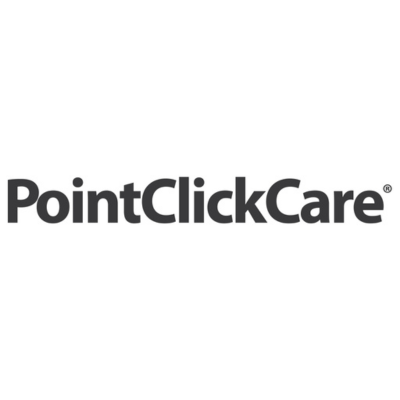

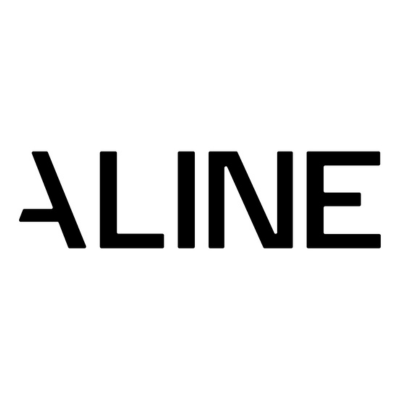

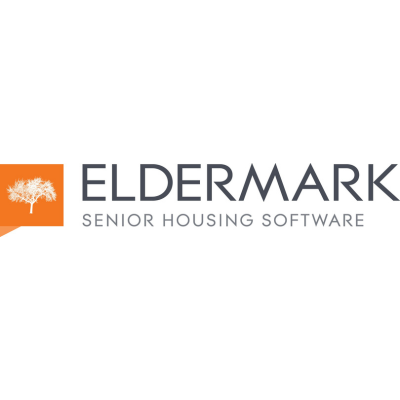

Senior housing management software helps coordinate the many ever-changing components of running a senior housing facility. From generating an occupancy report for investors, to coordinating resident services, senior housing management software ensures smooth operations for everyone.
The #1 Rental Property Newsletter
Once a month, we send out an exclusive Rental Property Market Update with top stories, current mortgage rates, building products, and more. No spam and unsubscribe anytime.


Senior Housing Property Management FAQ
How is Rent Determined in Senior Living Facilities?
Rent in senior living facilities can be determined by factors such as the size and type of accommodation, the level of care provided, the location of the facility, and the range of amenities and services included. It’s very important to understand the local market and the target demographic when setting rent.
What Type of Staff is Required to Run a Senior Living Facility?


The staff required will depend on the level of care provided. In general, facilities need property management staff, caregivers or nursing staff, housekeeping staff, and activity coordinators. The ratio of staff to residents is a key metric and may be regulated.
How Should a Senior Living Facility Handle Healthcare Services?
Healthcare services at a senior living facility depend on the type of facility. Independent living facilities may not provide any direct healthcare services, while assisted living, memory care, and skilled nursing facilities provide different levels of care. Even at the largest senior housing companies, services typically vary with some being provided in-house, or through partnerships with local healthcare providers.
What Regulations Impact Senior Housing Property Management?
Senior living facilities are heavily regulated and governed by a range of local, state, and federal regulations, including the Americans with Disabilities Act (ADA), the Fair Housing Act, and various health and safety standards. Depending on the level of care provided, other specific health care regulations may apply. Managers and stakeholders of these facilities must diligently ensure compliance with all these regulations.
About the Author


Ryan Nelson
I’m an investor, real estate developer, and property manager with hands-on experience in all types of real estate from single family homes up to hundreds of thousands of square feet of commercial real estate. RentalRealEstate is my mission to create the ultimate real estate investor platform for expert resources, reviews and tools. Learn more about my story.

